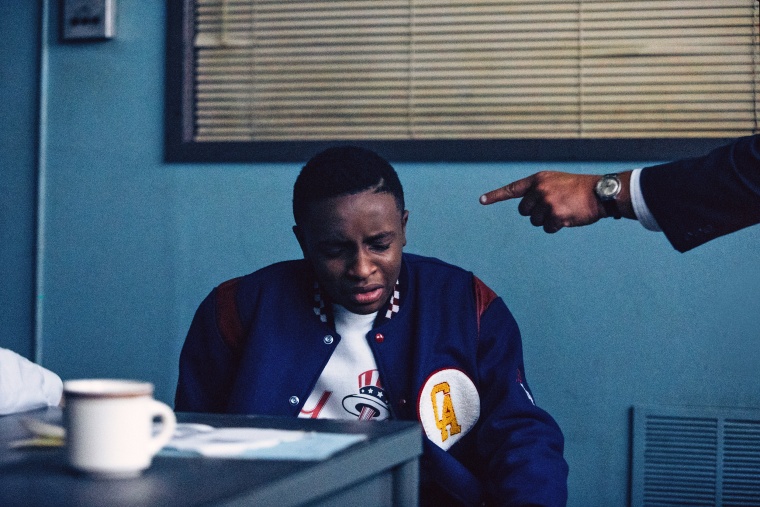LOS ANGELES — The company behind a controversial police interrogation technique filed a federal lawsuit on Monday against Netflix and director Ava DuVernay, claiming that it was defamed in DuVernay's miniseries on the Central Park jogger case.
John E. Reid and Associates developed the Reid Technique in the late 1940s, and it has continued to offer training materials and courses to law enforcement since then. According to the company, it is the most widely used interrogation method by police agencies worldwide. But critics have alleged that its approach can result in false confessions.
The technique is mentioned in the fourth episode of "When They See Us," the dramatized series on the Central Park rape case released by Netflix in May. A character confronts NYPD detective Michael Sheehan with allegations that he coerced a confession out of the five original defendants, who were later exonerated.
"You squeezed statements out of them after 42 hours of questioning and coercing, without food, bathroom breaks, withholding parental supervision," the character states. "The Reid Technique has been universally rejected."
Sheehan replies: "I don't even know what the f------ Reid Technique is, OK? I know what I was taught. I know what I was asked to do and I did it."
The lawsuit claims that this dialogue mischaracterizes the Reid Technique, which it says does not involve coercion. The suit also alleges that it is false to assert that the technique has been "universally rejected."
"Defendants intended to incite an audience reaction against Reid for what occurred in the Central Park Jogger Case and for the coercive interrogation tactics that continue to be used today," the suit states. "Defendants published the statements in 'When They See Us' in an effort to cause a condemnation of the Reid Technique."
The suit alleges that the series has damaged the company's reputation, and seeks actual and punitive damages. The suit also seeks an injunction barring Netflix from distributing the series in its current form, and a disgorgement of Netflix's profits from the show.
John E. Reid, a former Chicago police officer, wrote a textbook on police interrogation. He died in 1982, but his company continues to offer training in the Reid Technique. The company also licensed its method to Wicklander-Zulawski & Associates, a firm run by two former John E. Reid and Associates employees. For decades, Wicklander-Zulawski offered a competing version of the Reid Technique, but in 2017 the firm announced that it had abandoned the method, citing the risk of false confessions arising from the misuse of the approach.
